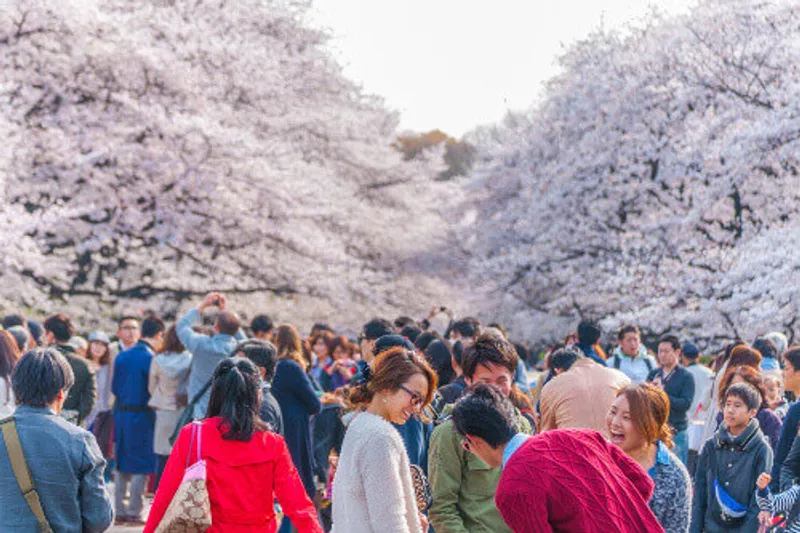Japan Probes Medical Insurance for Foreigner’s Amid Growing Concerns About it’s Misuse

Tokyo – The Japanese government has initiated a nationwide survey into the usage of its public health insurance system by foreign residents, amid growing political concerns about potential misuse by short-term visitors seeking costly medical treatments.
This marks the first time the Ministry of Health, Labor and Welfare is undertaking such a detailed study to examine the actual premiums paid by foreign residents and the scope of medical benefits they receive. The findings of the survey are expected to be published by summer 2025.
Under Japanese law, all residents, including foreigners staying for more than three months, are required to enroll in a public health insurance program. Foreign nationals who are unemployed or self-employed typically join the National Health Insurance (NHI) scheme unless they are covered by another public insurance plan.
The NHI system allows reimbursement of medical expenses exceeding a certain monthly threshold, which varies according to income and age. This benefit is seen as a crucial support mechanism for residents facing high healthcare costs.
According to Japanese government data, approximately 970,000 foreign nationals were enrolled in the NHI system in the fiscal year ending March 2024, accounting for about 4 percent of total participants. During the 12-month period from March 2023 to February 2024, a total of 980.3 billion yen (around $7 billion) was reimbursed for medical costs exceeding individual monthly limits. Of this, 11.8 billion yen—1.21 percent—was paid to foreign residents.
The ministry has not ruled out the possibility of reviewing the insurance framework depending on the survey’s results. For now, officials stress that participation in the NHI remains a legal requirement for all long-term residents, and the system is functioning as intended.
